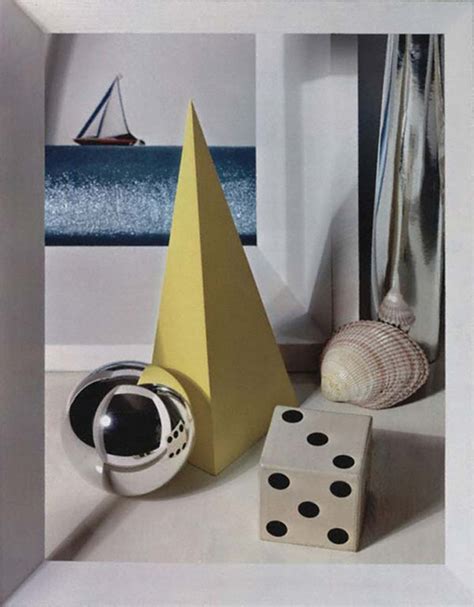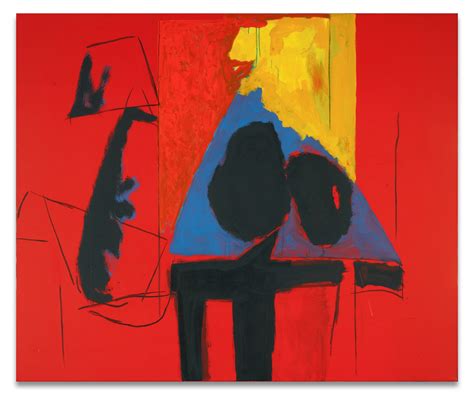A Quote by Robert Henri
In every human being there is the artist, and whatever his activity, he has an equal chance with any to express the result of his growth and his contact with life. I don't believe any real artist cares whether what he does is 'art' or not. Who, after all, knows what art is?
Related Quotes
The master in the art of living makes little distinction between his work and his play, his labor and his leisure, his mind and his body, his information and his recreation, his love and his religion. He hardly knows which is which. He simply pursues his vision of excellence at whatever he does, leaving others to decide whether he is working or playing. To him he's always doing both.
Art is life seen through man's inner craving for perfection and beauty--
his escape from the sordid realities of life into a world of his imagining. Art accounts for at least a third of our civilization,
and it is one of the artist's principal duties to do more than merely record life or nature.
To the artist is given the privilege of pointing the way and inspiring towards a better life.
Art really has its source in the transcendent, the unmanifest field of pure consciousness, which is the non-changing, immortal field of all possibilities...When the awareness of the artist is in tune with this center of infinite creativity, his piece of art breathes fullness of life, nourishes the creator, the artist, and inspires his admirers with waves of bliss.
Art leads to a more profound concept of life, because art itself is a profound expression of feeling. The artist is born, and art is the expression of his overflowing soul. Because his soul is rich, he cares comparatively little about the superficial necessities of the material world; he sublimates the pressure of material affairs in an artistic experience.








































